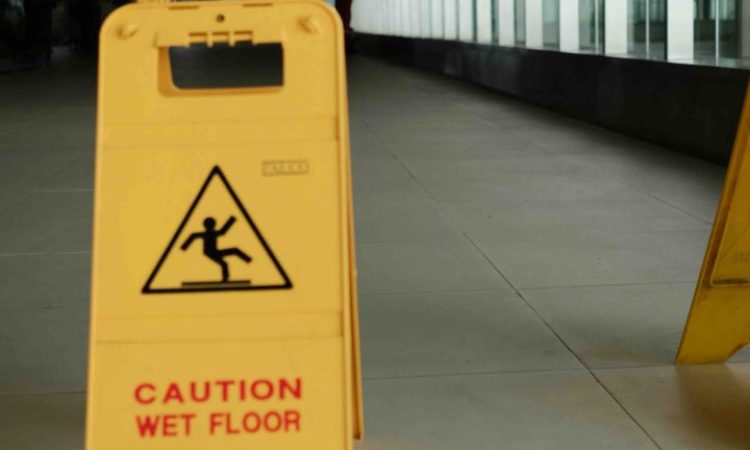
Thinking About Recording Your Ex or a Professional? – What Parents Need To Know About The New Rules on Covert Recordings in Family Court
When you are involved in family court proceedings it is natural to feel worried, stressed or unsure who to trust. Many parents think that secretly recording conversations whether that be their ex-partner, their children or professionals might help to show the court “the truth”.
In May 2025, new guidance was issued for the courts to consider when dealing with covert recordings (secret recordings) in family matters. This guidance makes it clear to the courts as to how they should deal with such recordings and what parents need to think about before pressing “record”.
This blog explained the key points to be aware of.
Are covert recordings allowed?
It is not illegal to secretly record someone in most situations. That does not mean however the court will automatically allow the recording within proceedings, believe them or think they were a good idea to make.
In some cases, the recording may actually damage your case more than help it.
You must not record a court hearing as doing so is against the law and could lead to serious consequences.
Why do parents make covert recordings?
Parents often say they make such recordings because:
- They were afraid no one will listen to them
- They believed the other parent was behaving badly
- They felt a professional was not acting fairly
- They wanted to protect themselves or their child
These feelings are completely understandable, but the family court now has clearer rules as to how these recordings should be treated and the message is be very careful.
What will the court look at?
The court will ask three main questions:
- Is the recording relevant? – The court will look at whether the recording actually helps answer the important questions in the case. Some recordings once checked properly do not show what the parent thought it would.
- Should the court allow the recording as evidence? – Even if the recording appears relevant, the court may decide not to allow it if, for example if:
- It creates delay
- It is edited or unclear
- It would be unfair on the other parent
- It is not as helpful as the parent thinks
- If the court allows it, how much weight will it carry? – A recording might be allowed but carry little weight. The court has to be satisfied it will benefit the case. Sometimes the recording can even raise concerns about the parent who made it.
Recordings of children – why the court strongly discourages it
The new guidance makes it very clear that secretly recording your child is almost always a bad idea. This is because:
- It can be emotionally harmful to your child
- Your child may feel pressured, confused or caught in the middle
- It can damage the trust between you and your child
- It can tell the court more about the parent’s behaviour than the child’s situation.
If a parent records a child repeatedly, especially in the context of a dispute, the court may question the parent’s judgment and motives.
What if I already have recordings?
If you already have recordings, do not panic but be prepared. The court may require you to:
- Provide the full unedited version
- Give a transcript
- Explain exactly when, how and why it was made
Key things to think about before recording
The guidance suggests every parent should ask themselves the following questions:
- Why am I doing this? – ask yourself whether it is genuinely for your child’s welfare or because you feel angry and unheard.
- Is this the safest way to deal with the issue? – there may be better, healthier ways to deal with your concerns so explore these.
- Could this hurt my child? – look at whether it could cause them emotional or psychological harm or make them feel they are being dragged into adult conflict.
- How would a court view it? Be aware the court will look at the parent’s behaviour not just the content of the recording. Costs orders may be imposed.
- What if the other parent was recording me? – think about how you would feel if you were being secretly recorded as the court often asks parents to put themselves in the other parent’s shoes.
Conclusion
The big question is “so should parents ever make covert recordings”? The guidance does not ban such recordings and in certain cases a recording can be important and helpful.
But for most parents, the key message is – think carefully first as recordings should be a last resort.
The new guidance recognises that court proceedings are extremely stressful for parents. Parents often record each other because they are scared, mistrustful or desperate to be believed.
The clear message however is that covert recordings can cause unexpected harm to children, relationships and even your own case so think carefully, seek advice and always put your child’s wellbeing first.
Here at Hopkins Solicitors, we have a friendly, approachable family team who can guide you through each stage of the court process and will be able to provide you with advice on any covert recordings you may have.
Request a CallbackRelated Articles
-

Putting Our Clients First: Personal Injury Support You Can Trust
At Hopkins Solicitors, we understand that being injured, whether at work, in a public place, or on someone else’s property,…
-

When Real Life Goes Wrong at Work
Staying Safe and Getting Justice Accidents at work remain a pressing legal and social issue in the UK. Despite decades…
-

Accidents at Work Your Right to Claim Compensation
Accidents at work happen far more often than many people realise. Every year, thousands of employees across the UK are…